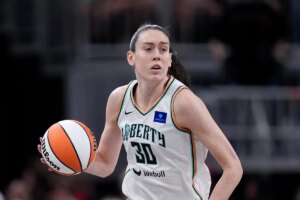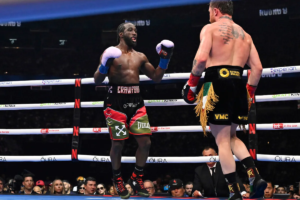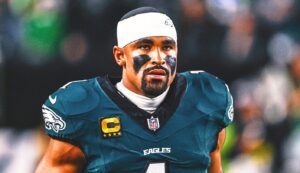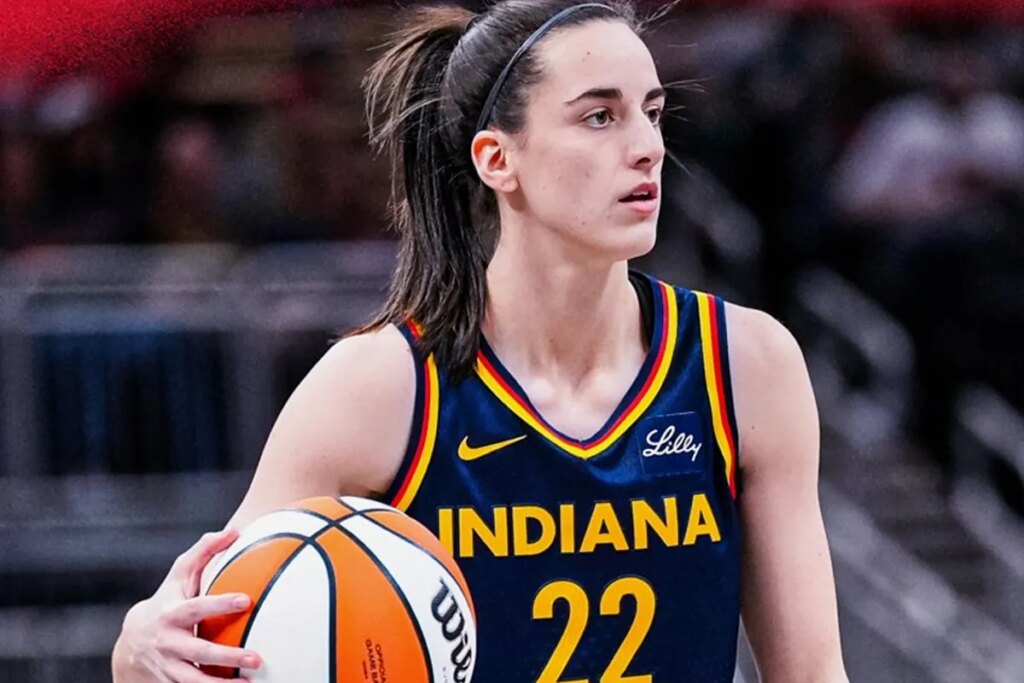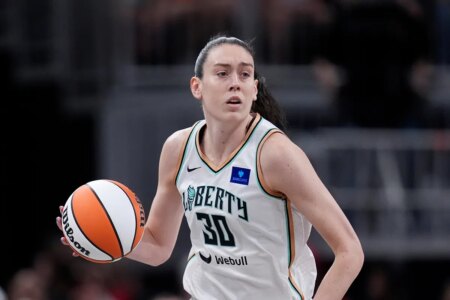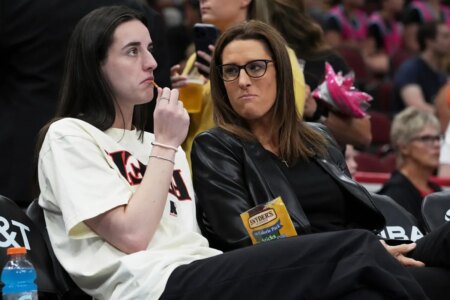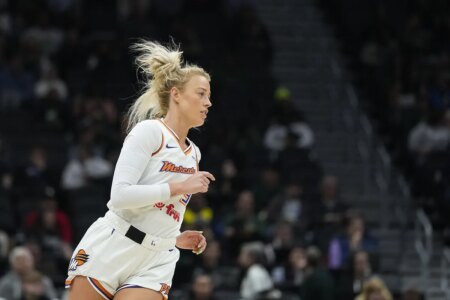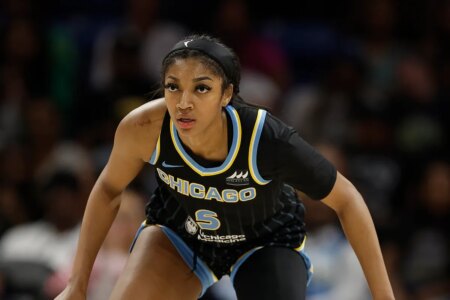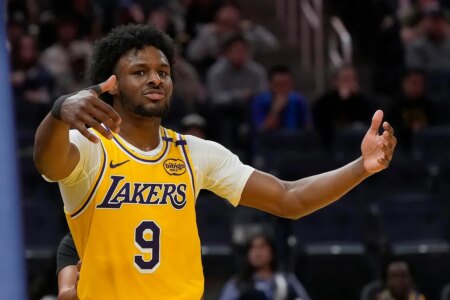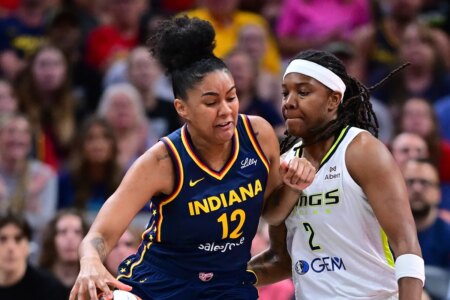As anticipation builds for the 2026 campaign, WNBA players are strongly positioning themselves for a possible work stoppage.
Talks between the league and the Women’s National Basketball Players Association (WNBPA) have stalled, with the current collective bargaining agreement set to lapse on October 31, 2025.
With over 100 days remaining, neither side has closed the gap on core issues, prompting players to prepare for a significant showdown before the season begins.
Several pivotal face-to-face negotiations are slated ahead of All-Star Weekend in Indianapolis. This gathering marks only the second in-person meeting since December, and comes as the players ratchet up pressure on the league to deliver quicker and more meaningful responses.
With flagship stars like Caitlin Clark scheduled to attend, the union continues to demonstrate unity and collective resolve.
At the heart of the dispute are three key demands: a more equitable share of increased revenue, improved salary structure and salary cap flexibility, and expanded benefits including health, retirement, and family-planning coverage.
Players view the recent $2.2 billion media deal and the ongoing league expansion as indicators of growing profitability that should be reflected in the new agreement
Union president Nneka Ogwumike, dubbed “Madame President”, faces mounting pressure to secure landmark gains.
While some positive alignment has emerged on family planning and retirement benefits, discussions around revenue sharing and the “prioritization” clause remain far apart. That clause, which limits players from committing to overseas leagues unless compensated commensurately, has become a flashpoint.
Players argue that exclusivity to the WNBA requires adequate pay, something not currently offered.
Behind the scenes: players pacing strategically
Negotiation dynamics have shifted from strategy to tactical coordination. Almost every veteran with eligibility has opted out of the current CBA, meaning most non-rookie players are due for free agency this winter.
At the same time, expansion teams like the Portland Fire and Toronto Tempo are scheduled to debut in 2026, heightening the urgency for a finalized pact
Players are increasingly vocal. Minnesota‘s Napheesa Collier emphasized: “We’re not going to be moved on certain topics,” and insisted that “no one wants a lockout,” but acknowledged the ticking clock.
Similarly, Phoenix Mercury‘s Satou Sabally criticized the league’s initial offer as a “slap in the face,” echoing frustrations shared by Breanna Stewart and Gabby Williams.
Stewart, in her own remarks, said the players and the league are on “completely different sides”.
Despite the tension, a full players’ strike isn’t guaranteed. Some leaders express hope that pressure tactics will prompt more meaningful dialogue.
Collier has debunked theories suggesting the union is orchestrating a stoppage for personal gain, especially in light of her involvement with Unrivaled, a separate women’s league, and affirmed: “no one wants a lockout, but the players are prepared for any possibility.”
The league, under Commissioner Cathy Engelbert, has stated its openness to a “transformational agreement” but insists progress has been made gradually.
Still, the WNBPA criticizes the delay in league counteroffers and the lack of engagement since issuing its proposals five months ago.
Read the full article here

